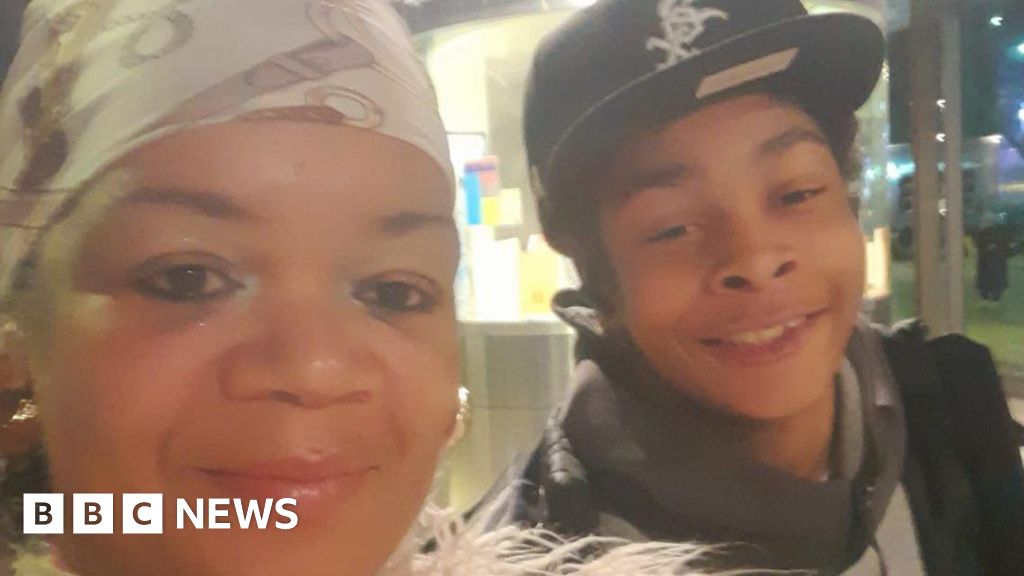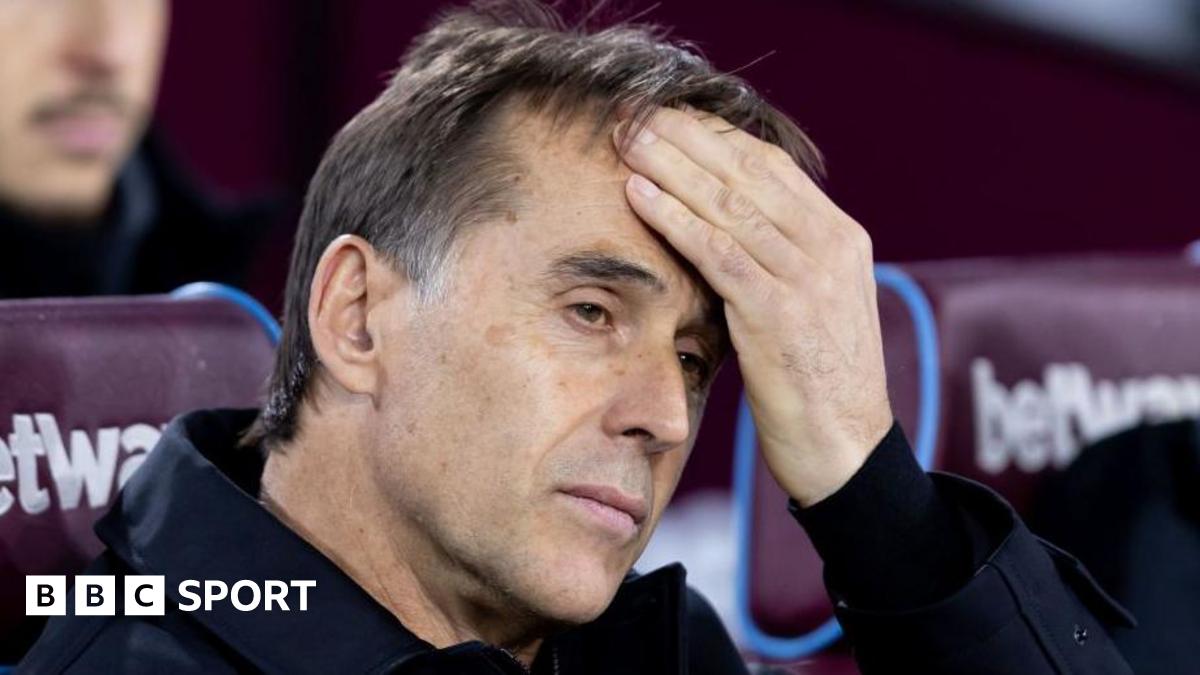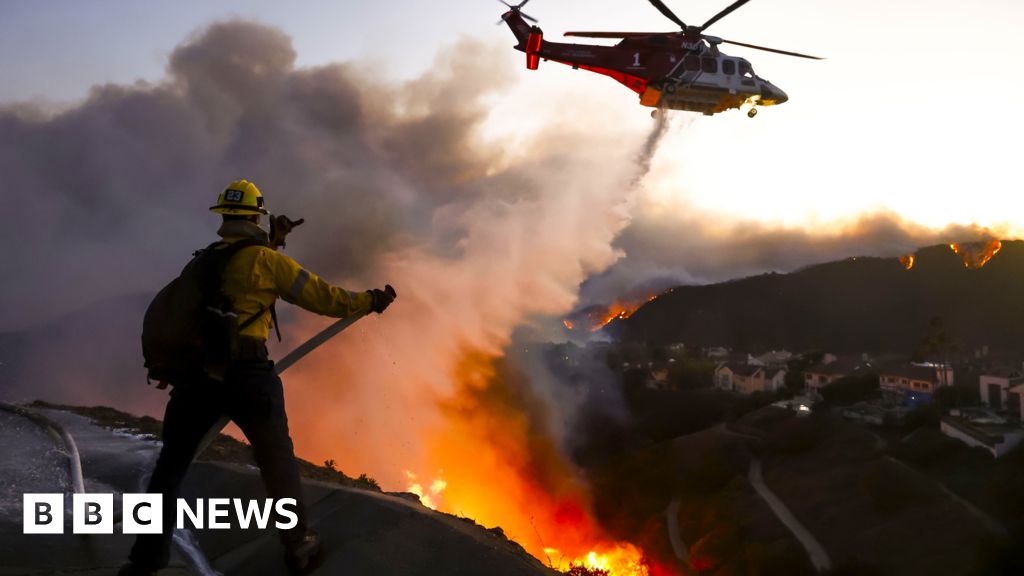Olayinka Sobola is the founder and Chief Executive Officer of Gruvly Music Limited. He tells FELIX OLOYEDE about the need for lawyers and structures in the industry, and other issues
What is your assessment of the state of the Nigerian music industry?
It is the biggest music industry in Africa. We have the biggest market due to our enormous population as the biggest concentration of black people in the world.
With recent happenings in the industry, we can all see the global acceptance of afrobeats, which emanated from Nigeria. I can boldly say that we have come of age. The world has widely accepted our sound, and afrobeats is even influencing other cultures globally. That is a good thing. Proof of this acceptance lie in artistes, such as Burna Boy, Davido, Wizkid and Rema, shutting down massive event venues across the globe.
Basically, the country’s music industry is growing at an accelerated rate; and kudos must be given to the founding fathers, such as Fela Anikulapo-Kuti, and the late Sikiru Ayinde (Barrister).
What services does your company offer?
It is duly registered in Nigeria and the United Kingdom (England and Wales).
It is a company involved in music distribution and publishing. Also, we are currently building a music streaming platform, where both fans and artists will be able to earn revenues.
What lessons can new artistes learn from failed contracts, such as the one between Mohbad and Naira Marley?
The Mohbad/Naira Marley saga is quite confusing to me. And, that is because I am not privy to some details of what transpired between the late artiste and his former record label boss.
However, my advice to artistes generally is that before signing any agreement, they should engage the services of an entertainment and intellectual property lawyer, who understands the law and can interpret it well in relation to the terms of the contract. This is very important in order to avoid sob stories later.
Artistes need to be properly educated about the music business. There are several rights artistes have, but many do not know or understand that. They need structures to back up their music careers. Besides the art of music, there is the business side, which is long-term in nature and requires them prepared for that journey. They should build a competent team of lawyers and managers.
What makes your company differently from other record labels out there?
We are building a platform that is artiste-oriented and fan-focused. Imagine being able to earn revenue just for streaming the songs of your favourite artistes. We are also creating a marketplace, for NFTs, giving out tokens for free, organising shows, and giving independent artistes a chance to be noticed and supported.
Do you think that talent and hard work are enough to become successful in the music industry?
Talent and hard work are good; and they are basically what an artist needs to succeed in the industry. But, like I said earlier, there is a business side of music, and that is what runs the industry. There is a commerce side as well— investors who put in money, lawyers who interpret contracts and agreements, accountants who manage monies and investments, show promoters, concert venue owners, artiste managers, journalists who report happenings, etc. An artiste needs investors, who believe enough in their talent and hard work to put money on them. They need a road manager, lawyer to interpret their contracts, and music promoters, as the competition is so keen in the industry.
Somebody has to help push/promote their works. Even an independent artiste would still need a bit of structure behind them to succeed at the highest level.
What is the scope of your company’s target market?
As a company, our outlook is global, and our market consists of music lovers across the globe. But, we have to start somewhere, and we have chosen Africa, Nigeria precisely. We also have a presence in the United Kingdom. Additionally, we are making moves toward the United States of America too.
However, as regards demography, we are considering the Gen Zs, millennials, and every other lover of music. The two generations I mentioned are much more familiar with smart phones, tabs, pods and DSPs the most.
How many artists are signed to your company?
We are not a record label, so it is not like we pick artistes, groom them, and put them out there. We are more of a distribution and publishing company for now. By the time we start our streaming platform, we can then be called a music streaming platform.
In what ways has technology impacted the Nigerian music space?
The music industry has been seriously impacted by technology. From the Internet to the availability of mobile gadgets (smart phones, pods, tablets, pads, smart speakers, smart TVs, etc.), one can listen to music anywhere.
Also, we now have immersion experiences through Virtual Reality, where one can be part of activities, such as virtual music concerts and rehearsals.
I recently came across a report which stated that by 2025, smart phone penetration in Nigeria would be 140 million people; and over 100 million people in Internet penetration. All these are made possible by technology, which in turn impact on music accessibility. About 60 to 70 per cent of the country’s population consist of young people. And, those are the ones who listen to music the most.
With Artificial Intelligence, it is a lot much easier, even for less talented individuals to get into music, distribute it, and promote it.
Nigeria is a big market, so everyone wants a piece of the cake. Tech and music giants, such as YouTube, Sony, UMG, Spotify, Apple Music, among others are in Nigeria.
Also, many Nigerians have a can-do spirit, and that is the reason we are succeeding on the global stage, with the songs of artistes such as Rema and Kizz Daniel, travelling all around the world. The most important thing is for artistes to believe in themselves, and work hard.
With what the likes of Fela, King Sunny Ade, D’banj, Wizkid, Burna Boy and Davido etc have done and are still doing, the world wants to hear our message. They believe in our stories, struggles, music, fashion, and resilient spirit.
How can artistes and managers optimise digital platforms to boost their brands?
An artiste should build a loyal fan base. For example, an artiste who has 10,000 loyal fans, will have them stream their music on digital platforms.
It is important for fans to do promotions and engage with their fans, which will translate to huge streaming numbers on digital platforms. Invariably, this can open up opportunities for funding for the management and the artiste to support their next project. It can also help them to go on tour in different countries. Most tour companies check the streaming numbers of artistes, and the areas where their music is mostly streamed to promote their tours in such places. Also, businesses want artistes that have huge fan base to be their brand ambassadors.
Digital platforms actually help artistes’ songs to get to places even the artistes have never been to.
 (1).png)
 7 months ago
19
7 months ago
19


















